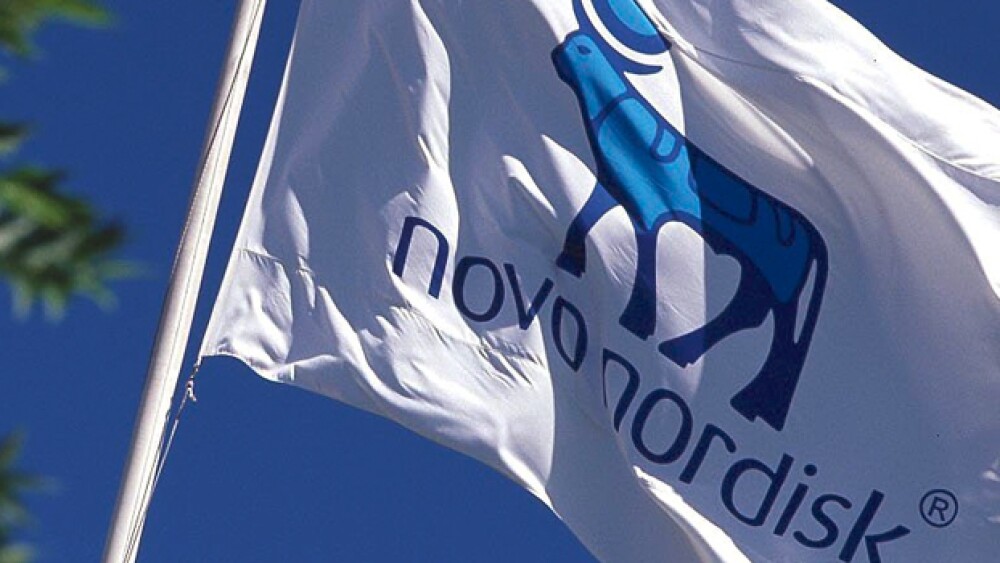Copenhagen, Denmark-based Novo Nordisk acquired Bristol, UK-based Ziylo in a deal that could exceed $800 million.
Copenhagen, Denmark-based Novo Nordisk acquired Bristol, UK-based Ziylo in a deal that could exceed $800 million.
Ziylo was spun out of the University of Bristol and is based at the Unit DX incubator in Bristol. The company has been developing a technology platform based on synthetic glucose binding molecules. As part of the deal, Novo Nordisk gains full rights to Ziylo’s glucose binding molecule platform to develop glucose-responsive insulins, which is consistent with Novo Nordisk’s focus on the diabetes market.
It is believed that a glucose-responsive insulin might help eliminate the risks of low blood sugar, which is one of the primary risks associated with insulin treatment in diabetics.
Before the acquisition, some of Ziylo’s research activities were spun out of the company into a new company, Carbometrics. Carbometrics has inked a research collaboration with Novo Nordisk to help with optimization of the glucose binding molecules. Carbometrics licensed rights to develop non-therapeutic approaches of the glucose binding molecules with plans to focus on developing continuous glucose monitoring applications. Carbometrics will stay at the Unit DX location.
“Ziylo is the first major success coming out of the Unit DX Scientific Incubator,” said Keith MacDonald, chairman and co-founder of Unit DX, in a statement. “It was set up to incubate the next generation of science companies and help develop a new breed of science entrepreneurs. In a very short period of time, the incubator has grown to house 25 high-quality science driven companies and has been instrumental in retaining Bristol’s world-class scientific talent and research. I am pleased to say we now have a waiting list of companies wanting to join the incubator which is validation of the high-quality research in Bristol.”
Under the terms of the deal, Novo Nordisk bought all Ziylo shares for an upfront payment and various contingent milestone payments. Although specific details were not released, total payments could exceed $800 million.
Marcus Schindler, senior vice president, Global Drug Discovery for Novo Nordisk, stated, “We believe the glucose binding molecules discovered by the Ziylo team together with Novo Nordisk world-class insulin capabilities have the potential to lead to the development of glucose responsive insulins which we hope can remove the risk of hypoglycemia and ensure optimal glucose control for people with diabetes.”
Ziylo was co-founded by Harry Destecroix while he was completing his doctorate in the Anthony Davis laboratory at the University of Bristol. Destecroix is also the co-founder of Unit DX along with Tom Smart, chief financial officer, and Keith MacDonald, chairman.
Although a powerhouse in the diabetes market, Novo Nordisk is facing the same pricing pressure in the U.S. as the other companies in the field. At its recent second-quarter financial report, revenue was down 4 percent, with income from operations down 9 percent. Part of that was year-over-year revenue was hit by lower current rates for the Danish kroner. Its top-selling GLP-1 diabetes drug, Victoza, grew 6 percent year-over-year, driven by international sales, which were 14 percent. The same drug sold as Saxenda for obesity, had an increase of sales by 40 percent, although those sales were only $126.8 million compared to Victoza’s sales of $855 million.





